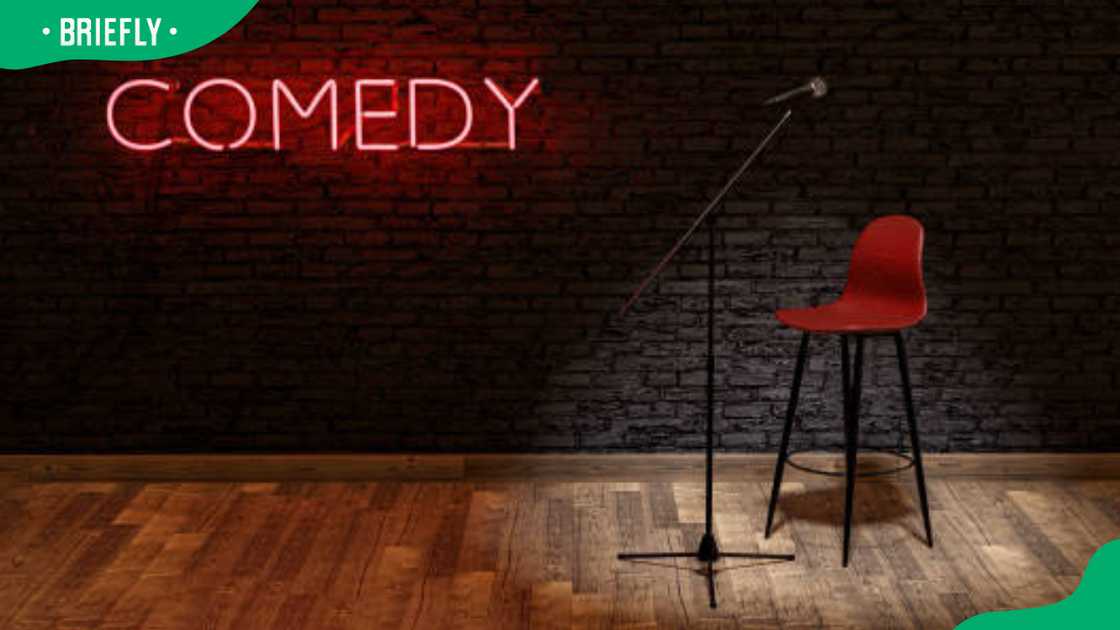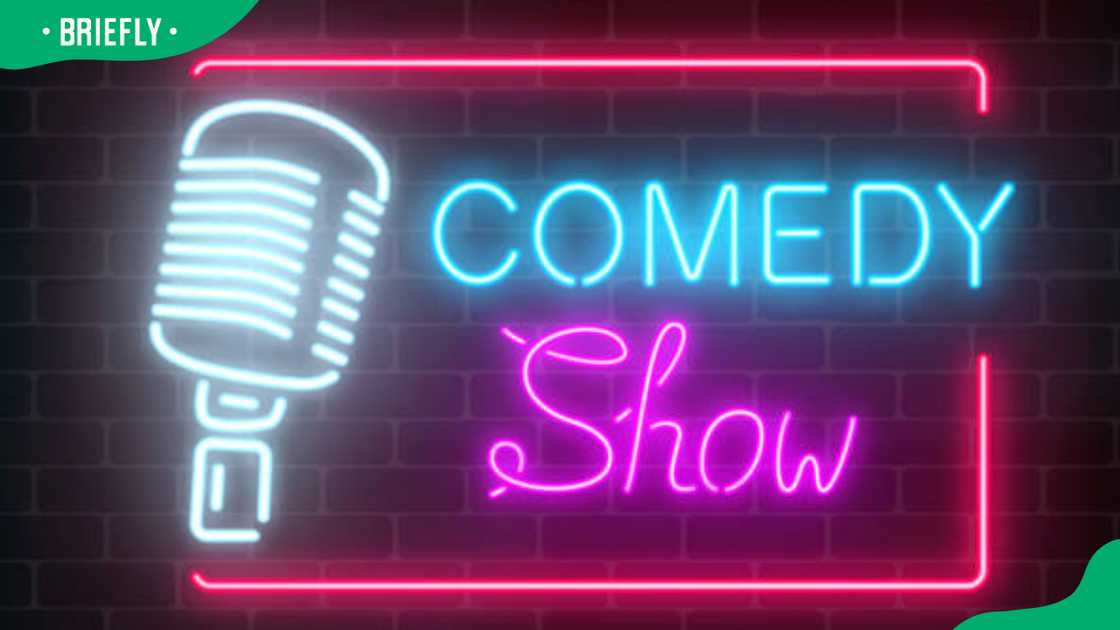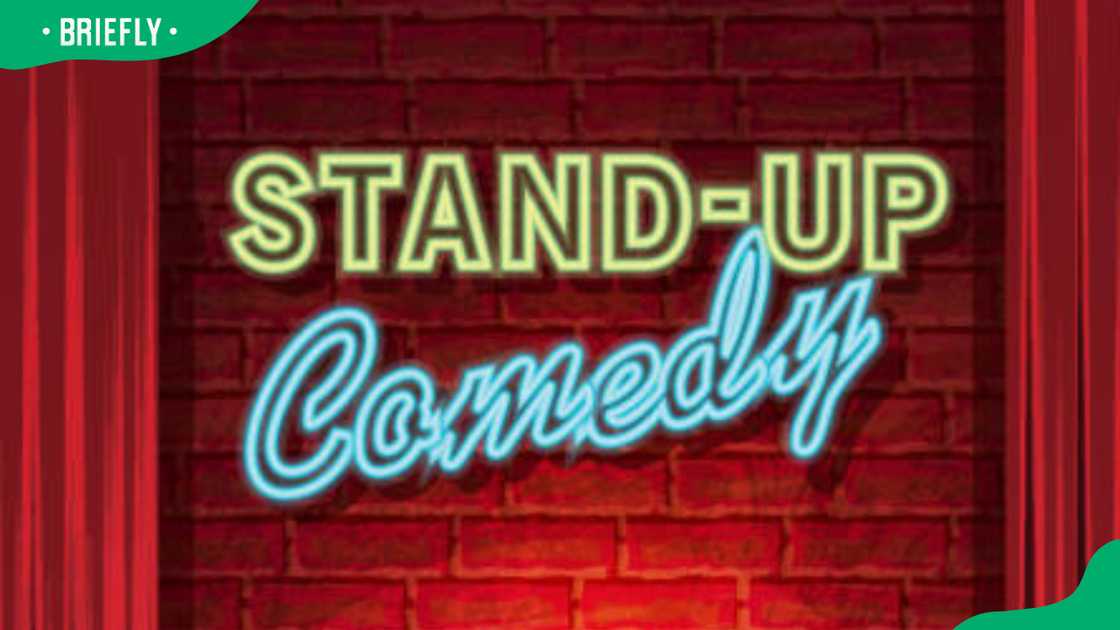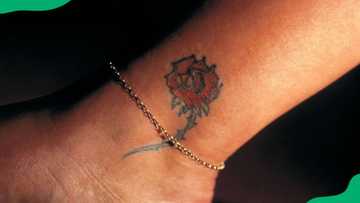What is dry humour? Signs you have a dry sense of humour
There are different types of humour in comedy, and dry humour is one type. It is a comedy style delivered clinically or exactly and does not involve expressions or emotions. It is also considered the deliberate display of emotional neutrality as a form of comedic delivery. So, what are signs you have a dry sense of humour?

Source: UGC
TABLE OF CONTENTS
- What is dry humour?
- Is dry humour attractive?
- Potential risks of using dry humour
- How to avert the risks
- Signs you have a dry sense of humour
- What are some dry humour examples?
- Dry humour vs sarcasm
- Can a dry sense of humour be misunderstood?
- How is dry humour different from other types of humour?
- Are deadpan jokes excellent or bad?
- What is the opposite of dry comedy?
People who appreciate dry humour tend to have a more intellectual and witty outlook on life. They enjoy the challenge of deciphering the clever wordplay and subtle nuances characteristic of dry jokes. So, what is dry comedy?
What is dry humour?
Dry humour is a comedy style that relies more on a lack of emotion and facial expressions. It becomes funny due to the stark contrast between its delivery and intention. This comedy style is mainly associated with the British, courtesy of playwrights such as William Shakespeare and Oscar Wilde.
Is dry humour attractive?
Dry humour is possibly the best form of humour as it is more context-dependent than other forms. However, it is also the most complicated for audiences to understand, given its subtle and clever way of eliciting laughter.
Potential risks of using dry humour
While dry humour can be attractive and appreciated by many, several risks are associated with this style of comedy. First, not everyone may be under-humour, leading to confusion or offence. This is common in diverse settings where there are cultural and linguistic differences.
Also, this style of comedy can sometimes come across as insensitive, and the delivery and tone can also be misinterpreted. This may hurt people’s feelings, and the joke may not be appreciated.

Source: Getty Images
How to avert the risks
Below are ways you can deliver this style of comedy without hurting people’s feelings:
1. Be mindful of your audience
This style of comedy can be enjoyed by many, but it is critical to consider your audience and the context in which you are using it. Tailor your jokes to suit the audience and ensure they are received positively.
2. Master the art of wordplay
Dry humour relies on clever wordplay and subtle nuances. Therefore, practice finding witty connections between words or phrases that are common and easy to understand.
3. Embrace deadpan delivery
The key to delivering deadpan jokes is maintaining a severe demeanour while delivering humorous content. Therefore, practice delivering the top humour jokes with a straight face and minimal emotional expression. Also, use that intelligent mind to make hilarious jokes about absurd things that happen in your everyday life.
4. Be prepared to bomb
Deadpan jokes are hard to comprehend, even in the most polished form, and some people may feel your jokes are slightly tasteless. Do not be disheartened as the audience is not on the same page as you; you only need to practice to make your audience understand.

Source: Getty Images
5. Emphasize the unexpected
Dry humour jokes thrive on unforeseen punchlines. Thus, play with irony, juxtaposing it with a clever remark to create comedic moments.
6. Have fun with self-deprecating humour
This is where you poke fun at yourself in an ironic way. However, you should not be overly negative or mean-spirited towards yourself.
Signs you have a dry sense of humour
A dry sense of humour, often called deadpan humour, occurs when one finds things funny that others may not and says them without facial expression, emotion, or a severe tone. People with a dry sense of humour often appear suspicious, pessimistic, or paranoid. Below are signs to tell if you have a dry sense of humour:
- You use minimal or no facial expressions to get the joke across.
- You can maintain a very unflinching demeanour throughout.
- You effortlessly state simple facts and ideas.
- Cynicism is part of who you are, and your jokes have a sense of irony.
- You can state absurd facts in a blatantly honest manner, making it hard for the audience not to laugh.

Source: Getty Images
What are some dry humour examples?
A dry sense of humour is characterized by a subtle, understated, and often deadpan delivery of humour. It involves saying something humorous in a severe tone. Below are some funny dry humour examples:
- What is the leading cause of dry skin? Towels.
- I broke my finger last week. On the other hand, I’m okay.
- I asked what I should bring to the party. The hosts said, “Nothing, just bring a happy face.” I had to cancel.
- My boss told me to have a good day. So I went home.
- Parallel lines have so much in common. It’s a shame they’ll never meet.
- Do you want to know what always makes me smile? Face muscles.
- Do you want to box for your leftovers? No, but I’ll wrestle you for them.
- I have a chemistry joke, but I don’t think it will get a reaction.
- Why should you never eat a clock? It’s too time-consuming.
Dry humour vs sarcasm
Dry humour and sarcasm are cut from the same cloth, but sarcasm is not always amusing or intended for comedy. Sarcastic humour means using words in a precisely opposite form to what a person means. It is when someone uses irony to get a message across.

Source: Getty Images
Can a dry sense of humour be misunderstood?
People unfamiliar with this style of wit may misunderstand. Study your audience to avoid any misunderstanding or sounding offensive.
How is dry humour different from other types of humour?
Comedy comes in different styles and is delivered differently. Dry humour relies on subtle wordplay and funny insights rather than visual clues or movements.
Are deadpan jokes excellent or bad?
Deadpan jokes are good if they are used correctly with the right audience. However, they can offend many people if delivered wrongly to the wrong audience.
What is the opposite of dry comedy?
Dry comedy is subtle, coy, and typically absurd but absent emotion. The opposite of dry humour is plain, bold, and full of emotion and expression.
Above is all you would love to know about dry humour. It is a unique and understated style of comedy that appeals to those with a more intellectual and witty outlook on life. However, it is crucial to be mindful of the audience and the context, as overusing can lead to predictability and loss of impact.
READ ALSO: Top 50 funniest and best stand-up comedians of all time
Briefly.co.za published an article about the funniest and best stand-up comedians ever. Besides entertaining the masses and relieving their stress, these artists take it upon themselves to make comedy one of the best careers for future generations.
The stiff competition in comedy keeps artists on their toes. Most comedians are now willing to stretch limits with boldness and improve their imagination. Discover the top 50 funniest comedians ever.
Source: Briefly News






